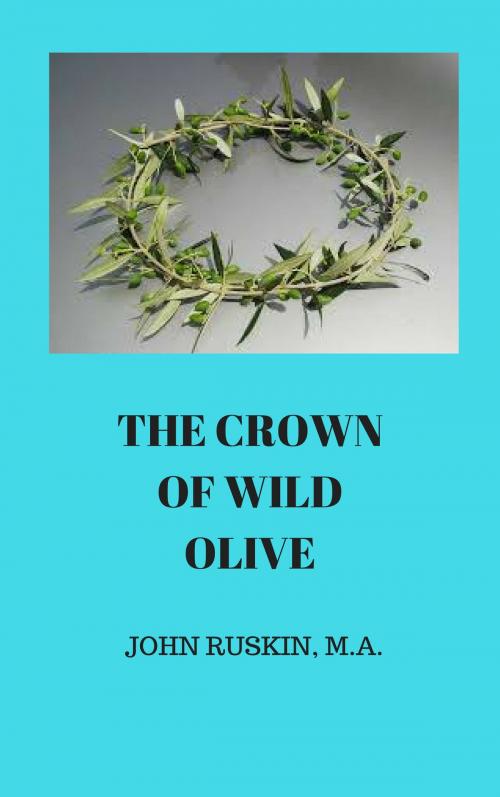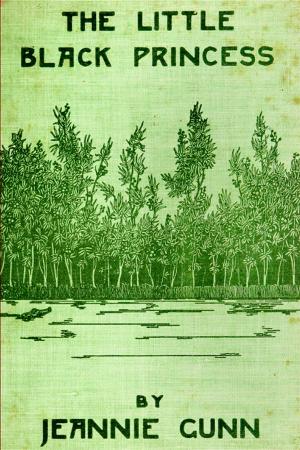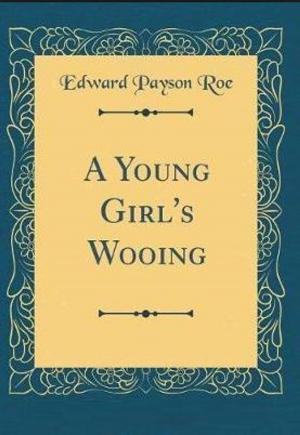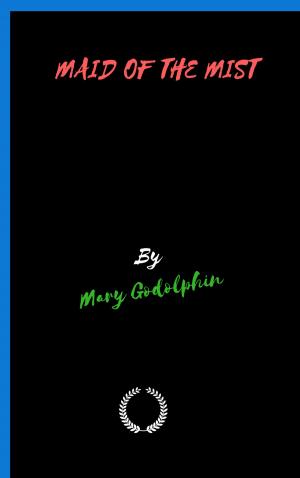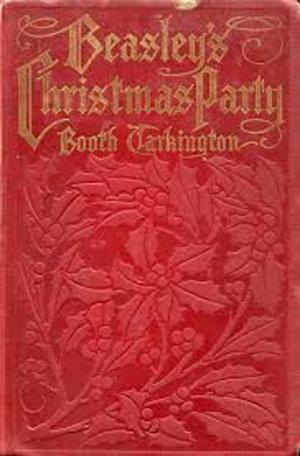| Author: | JOHN RUSKIN | ISBN: | 1230002312989 |
| Publisher: | Jwarlal | Publication: | May 9, 2018 |
| Imprint: | Language: | English |
| Author: | JOHN RUSKIN |
| ISBN: | 1230002312989 |
| Publisher: | Jwarlal |
| Publication: | May 9, 2018 |
| Imprint: | |
| Language: | English |
My Friends,—I have not come among you to-night to endeavour to give you an entertaining lecture; but to tell you a few plain facts, and ask you some plain, but necessary questions. I have seen and known too much of the struggle for life among our labouring population, to feel at ease, even under any circumstances, in inviting them to dwell on the trivialities of my own studies; but, much more, as I meet to-night, for the first time, the members of a working Institute established in the district in which I have passed the greater part of my life, I am desirous that we should at once understand each other, on graver matters. I would fain tell you, with what feelings, and with what hope, I regard this Institution, as one of many such, now happily established throughout England, as well as in other countries;—Institutions which are preparing the way for a great change in all the circumstances of industrial life; but of which the success must wholly depend upon our clearly understanding the circumstances and necessary limits of this change. No teacher can truly promote the cause of education, until he knows the conditions of the life for which that education is to prepare his pupil. And the fact that he is called upon to address you nominally, as a 'Working Class,' must compel him, if he is in any wise earnest or thoughtful, to inquire in the outset, on what you yourselves suppose this class distinction has been founded in the past, and must be founded in the future. The manner of the amusement, and the matter of the teaching, which any of us can offer you, must depend wholly on our first understanding from you, whether you think the distinction heretofore drawn between working men and others, is truly or falsely founded. Do you accept it as it stands? do you wish it to be modified? or do you think the object of education is to efface it, and make us forget it for ever?
Let me make myself more distinctly understood. We call this—you and I—a 'Working Men's' Institute, and our college in London, a 'Working Men's' College. Now, how do you consider that these several institutes differ, or ought to differ, from 'idle men's' institutes and 'idle men's' colleges? Or by what other word than 'idle' shall I distinguish those whom the happiest and wisest of working men do not object to call the 'Upper Classes?' Are there really upper classes,—are there lower? How much should they always be elevated, how much always depressed? And, gentlemen and ladies—I pray those of you who are here to forgive me the offence there may be in what I am going to say. It is not I who wish to say it. Bitter voices say it; voices of battle and of famine through all the world, which must be heard some day, whoever keeps silence. Neither is it to you specially that I say it. I am sure that most now present know their duties of kindness, and fulfil them, better perhaps than I do mine. But I speak to you as representing your whole class, which errs, I know, chiefly by thoughtlessness, but not therefore the less terribly. Wilful error is limited by the will, but what limit is there to that of which we are unconscious?
My Friends,—I have not come among you to-night to endeavour to give you an entertaining lecture; but to tell you a few plain facts, and ask you some plain, but necessary questions. I have seen and known too much of the struggle for life among our labouring population, to feel at ease, even under any circumstances, in inviting them to dwell on the trivialities of my own studies; but, much more, as I meet to-night, for the first time, the members of a working Institute established in the district in which I have passed the greater part of my life, I am desirous that we should at once understand each other, on graver matters. I would fain tell you, with what feelings, and with what hope, I regard this Institution, as one of many such, now happily established throughout England, as well as in other countries;—Institutions which are preparing the way for a great change in all the circumstances of industrial life; but of which the success must wholly depend upon our clearly understanding the circumstances and necessary limits of this change. No teacher can truly promote the cause of education, until he knows the conditions of the life for which that education is to prepare his pupil. And the fact that he is called upon to address you nominally, as a 'Working Class,' must compel him, if he is in any wise earnest or thoughtful, to inquire in the outset, on what you yourselves suppose this class distinction has been founded in the past, and must be founded in the future. The manner of the amusement, and the matter of the teaching, which any of us can offer you, must depend wholly on our first understanding from you, whether you think the distinction heretofore drawn between working men and others, is truly or falsely founded. Do you accept it as it stands? do you wish it to be modified? or do you think the object of education is to efface it, and make us forget it for ever?
Let me make myself more distinctly understood. We call this—you and I—a 'Working Men's' Institute, and our college in London, a 'Working Men's' College. Now, how do you consider that these several institutes differ, or ought to differ, from 'idle men's' institutes and 'idle men's' colleges? Or by what other word than 'idle' shall I distinguish those whom the happiest and wisest of working men do not object to call the 'Upper Classes?' Are there really upper classes,—are there lower? How much should they always be elevated, how much always depressed? And, gentlemen and ladies—I pray those of you who are here to forgive me the offence there may be in what I am going to say. It is not I who wish to say it. Bitter voices say it; voices of battle and of famine through all the world, which must be heard some day, whoever keeps silence. Neither is it to you specially that I say it. I am sure that most now present know their duties of kindness, and fulfil them, better perhaps than I do mine. But I speak to you as representing your whole class, which errs, I know, chiefly by thoughtlessness, but not therefore the less terribly. Wilful error is limited by the will, but what limit is there to that of which we are unconscious?
